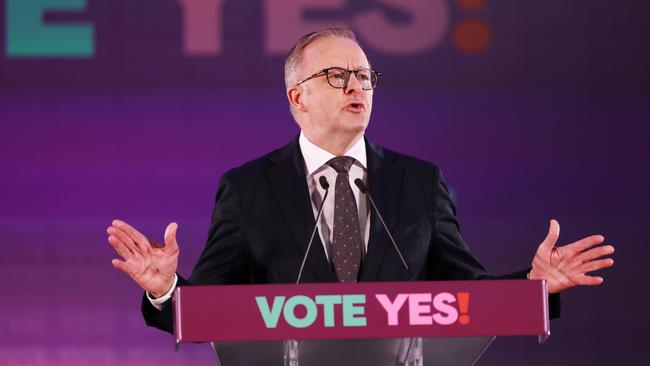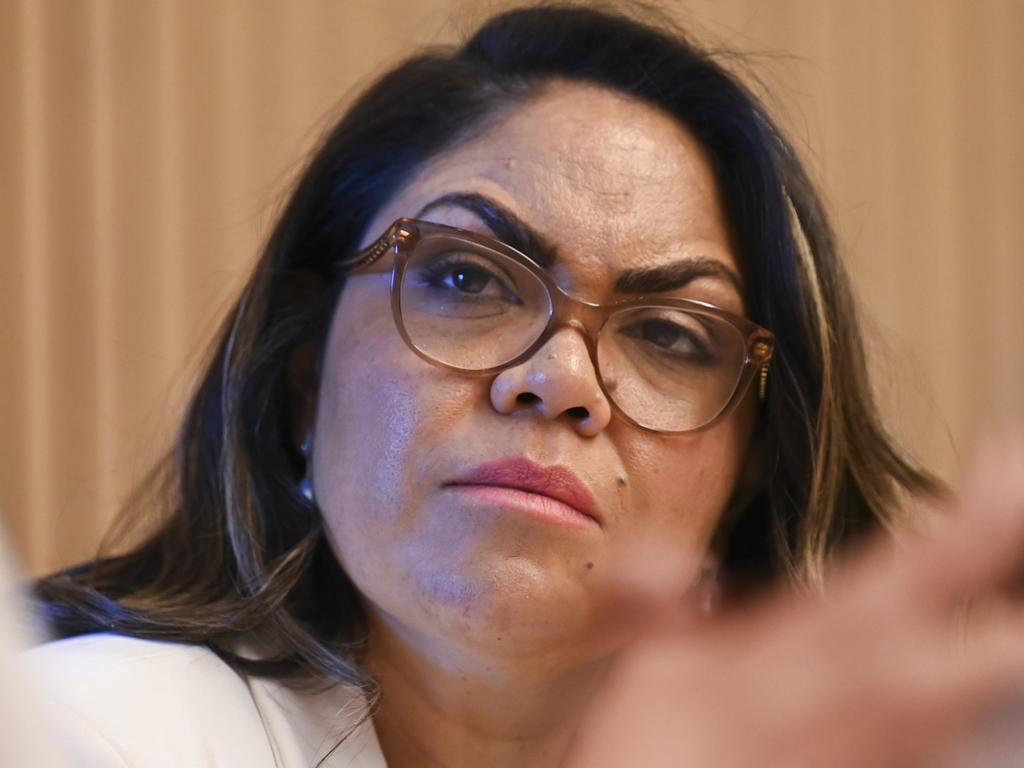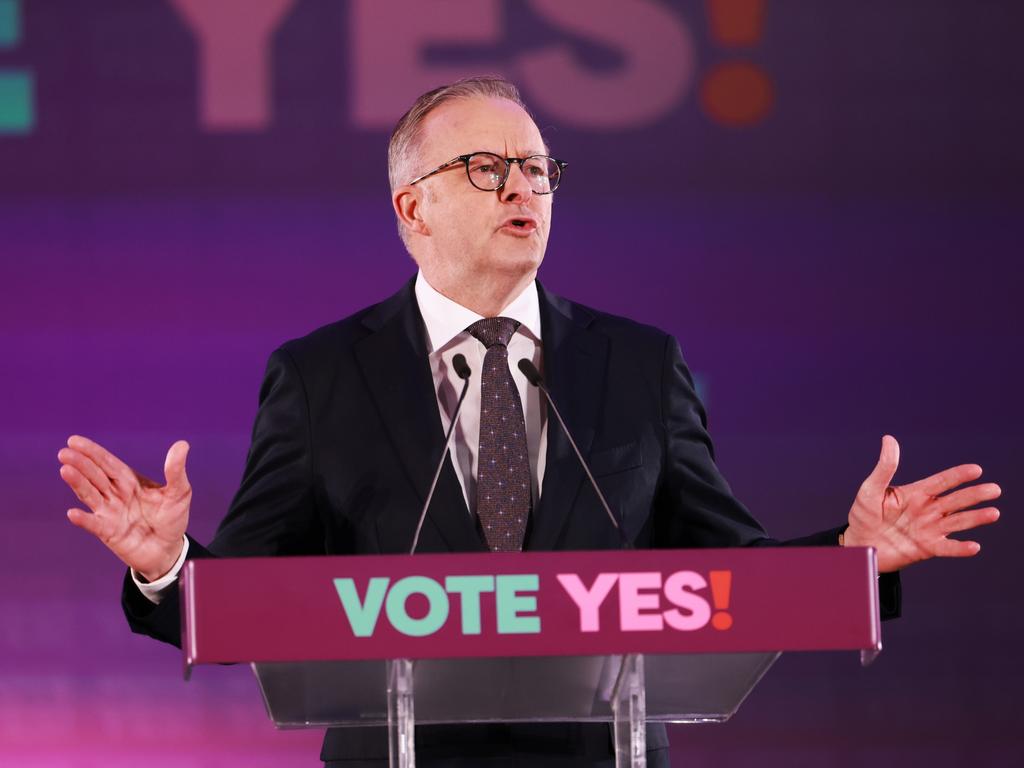Labor considers local, regional voices after failed voice referendum
Labor is considering rolling out local and regional voices across the country using an existing model and without legislation after the national voice was rejected in the referendum.

Labor is considering rolling out local and regional voices across the country using an existing model and without legislation, as it prepares to unveil “next steps” following the failed referendum as early as February.
The Australian understands one option being looked at by the Albanese government is expanding Empowered Communities – a program that puts Indigenous people from remote, regional and urban areas in the same room as government decision-makers – to act as local and regional voices.
While no decision has been made on whether to pursue a Makarrata commission to oversee truth-telling and treaty-making, which was a federal Labor election commitment and has been partly funded, The Australian understands the government will focus in the new year on practical policies such as remote housing and overhauling the work for the dole program.
There is a view within government that local and regional voices, which Indigenous Australians Minister Linda Burney has conceded remain on the table after a constitutionally enshrined national voice was rejected by 60 per cent of voters, do not need to be legislated.
Instead, Empowered Communities – which covers 10 regions – could be supported and scaled-up through more public funding and administrative support to ensure grassroots voices across the country are heard by all levels of government.
Federal governments have provided $47m to the program from 2016 to mid-next year.
“You could look at other sites over time. It doesn’t require government to take that many risks,” a government source said.
Ms Burney has met with several Aboriginal leaders and groups, including Empowered Communities, since the referendum was voted down on October 14 but is facing increasing pressure to outline the government’s plan B.
Opposition Indigenous Australians spokeswoman Jacinta Nampijinpa Price accused Ms Burney and Anthony Albanese of “failing Indigenous Australians” by being “missing in action” since the referendum and with no plan to address disadvantage.
While referendum working group member Sean Gordon has previously advocated for Empowered Communities to be the voice “independent of the Constitution or legislation” called for by Indigenous leaders in the wake of the referendum, on Wednesday he said some form of legislation was needed.
“The reason for legislation, although it doesn’t give the guarantee the Constitution would have provided (for an enshrined voice), it guarantees these voices would be created and supported. The guarantee is crucial,” he said.
“The beauty of legislation is it would broaden its scope to other departments (beyond the National Indigenous Australians Agency) that up until now haven’t been engaged in Empowered Communities.”
Mr Gordon, Noel Pearson, Ian Trust, Richie Ah Mat and Chris Ingrey are some Indigenous leaders who have developed and championed the Empowered Communities model.
Indigenous lawyer and member of the Uluru Dialogues Eddie Synot pushed back, saying local and regional voices would represent “more of the same” in implementing policies. “My fear is probably that that’s what (the government) is trying to push ahead with,” he said. “That was one of the fundamental flaws of the (Marcia) Langton and (Tom) Calma report … that it had to be within existing structures. So all they were really doing was shifting the deck chairs.”
In the Kimberley, Indigenous leaders aren’t waiting for the government to act and are progressing plans for a regional representative body that would talk to government.
Empowered Communities leader Des Hill said the body could become a regional voice but the No vote had put a spanner in the works. He stressed the Kimberley body had been called for by elders for 30 years and had been worked on before and separately to the voice referendum.
Mr Hill said the government should have put two questions to voters at the referendum, one on constitutional recognition and the other on the voice. “Right now it doesn’t tell us if the No vote was on recognising us in the Constitution or if it was they didn’t want a voice to parliament. It could be either/or. I think the Prime Minister, Mr Albanese, stuffed up on that one.”
Former social justice commissioner Mick Gooda, who is co-chair of Queensland’s interim treaty and truth-telling body but hasn’t yet been consulted by the Albanese government, said it was appropriate the country have a break between the lost referendum and a new Indigenous affairs blueprint. He urged Labor to “get back to basics” on where it spent its energy next, such as the housing crisis.
“You need to take a really considered approach and you’ve got to take Aboriginal voices into account. They’ve got to guide this process, it can’t be just government,” he said.
Professor Calma, Reconciliation Australia co-chair, said there hadn’t been much discussion about the way forward after the referendum but the conversation over reconciliation had never stopped.







To join the conversation, please log in. Don't have an account? Register
Join the conversation, you are commenting as Logout